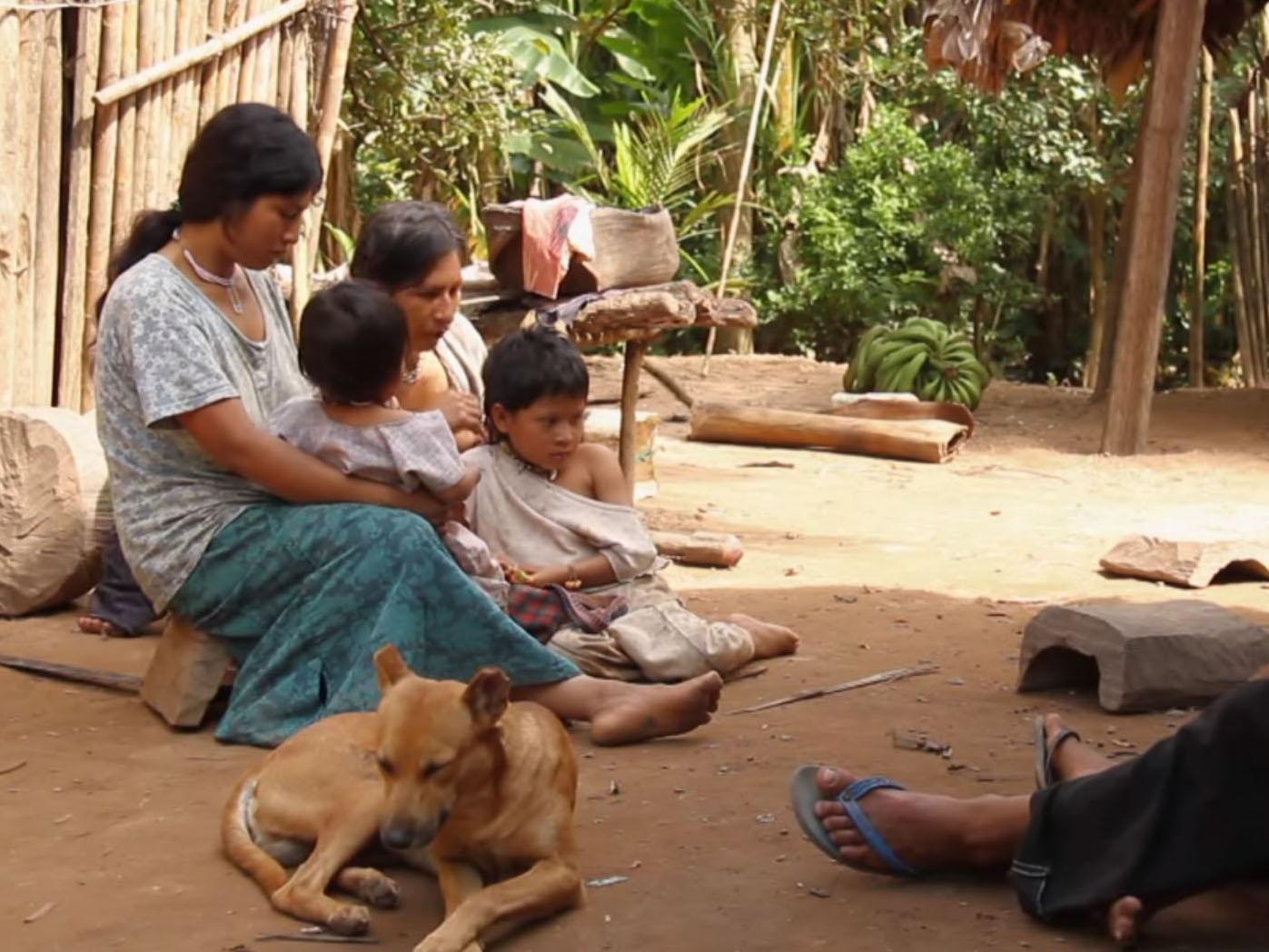Tsimane people: Indigenous Bolivian group have 'world's healthiest arteries', study finds
Amazonian group leads a highly active way of life based on hunting, foraging and fishing

An indigenous group living in the Amazon rainforest have the healthiest arteries of any population ever studied, it has been discovered.
It’s often warned that unhealthy, sedentary lifestyles common in many countries can lead to clogged-up arteries, increasing the risk of heart disease.
Now scientists are looking to the habits of the Tsimane people in Bolivia, who lead a highly active way of life based on hunting, foraging and fishing, for clues on how other populations can improve their heart health.
People from the Tsimane (pronounced chee-mah-nay) community are five times less likely to develop a condition known as coronary atherosclerosis, or hardening of the arteries, than people in the US, according to a new study.
The research, published in The Lancet, found the arteries of an 80-year-old member of the Tsimane people resembled that of an American in their mid-50s.
“Our study shows that the Tsimane indigenous South Americans have the lowest prevalence of coronary atherosclerosis of any population yet studied,” said Hillard Kaplan, the study’s senior anthropology author from the University of New Mexico.
“Their lifestyle suggests that a diet low in saturated fats and high in non-processed fibre-rich carbohydrates, along with wild game and fish, not smoking and being active throughout the day could help prevent hardening in the arteries of the heart.”
More than 700 people aged over 40 from the Tsimane population were involved in the study, which was funded by the US National Institute on Aging and National Institutes of Health.
Almost nine out of 10 of them were found to have clear arteries, indicating no risk of heart disease.
The Tsimane diet largely consists of rice, plantain, cassava root, corn, nuts and fruits, with protein, mostly from animal meat, accounting for 14 per cent of their diet, with and fat accounting for the same proportion.
It is estimated that members of the group are inactive for only 10 per cent of the day, unlike many people in industrialised societies who are often sedentary for more than half their waking hours.
Commenting on the study, Sir Nilesh Samani, medical director at the British Heart Foundation, said lessons could be learned from the Tsimane’s way of life to reduce the risk of heart disease.
“It may not be possible for people in the industrialised world to copy the Tsimane community’s way of life, but there are certainly aspects of their diet and lifestyle, such as not smoking and eating a diet low in fat, that we can better incorporate into our lives to help reduce our risk of heart disease,” he said.
Tim Chico, consultant cardiologist and reader in cardiovascular medicine at the University of Sheffield, said it was important “not to romanticise the Tsimane existence”.
“Two thirds of them suffer intestinal worms and they have a very hard life, without fresh water, sewerage or electricity,” he said.
Rates of diseases other than heart disease were much higher in the Tsimane than in the West, particularly for infections like tuberculosis, added Dr Chico.
The researchers visited 85 Tsimane villages between 2004 and 2015 and measured heart disease risk by carrying out x-ray scans on 705 adults aged 40 to 94.
Similar scans of nearly 7,000 Americans in a previous study showed that only 14 per cent had no risk of heart disease, with half at moderate-to-high risk – a five-fold greater prevalence rate than that seen in the Tsimane population.
Coronary atherosclerosis, the gradual hardening and ‘furring up’ of the arteries, can have serious consequences including heart attacks and strokes.
It has no symptoms at first, but can be prevented through a healthy lifestyle.
Around 10,000 Tsimane people live in small communities along the Maniqui River. Tsimane men spend an average of six to seven hours a day engaged in physical activity, said the researchers, while women are active for four to six hours.
The research is being presented at an American College of Cardiology conference taking place in Washington DC.
Join our commenting forum
Join thought-provoking conversations, follow other Independent readers and see their replies
Comments